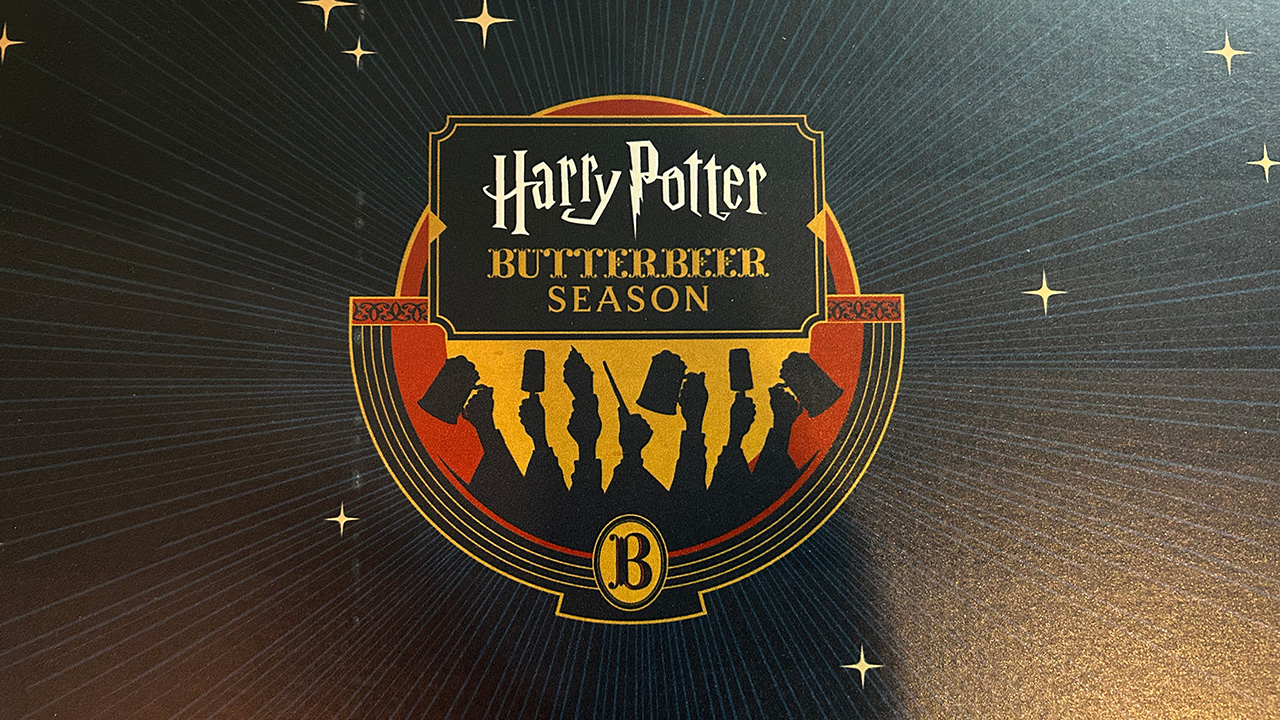The first hour of Les Miserables might have the power to revive movie musicals for years. Filmed with Tom Hooper's unflinchingly intimate camera, with the likes of Anne Hathaway and Hugh Jackman and even Russell Crowe singing their hearts out, Les Miserables begins with a sweep of skill and emotion that sends chills, whether you're a die-hard musical theater fan or a skeptic waiting to be convinced. Anne Hathaway's performance as the doomed Fantine singing "I Dreamed A Dream" is the justly celebrated highlight, but everything in that first hour moves with energy and a sense of revival; you really never have seen a classic musical like this, and it's exhilarating.
The rest of Les Miserables loses that early power, bit by bit, as the story expands to include characters it doesn't quite have room for, and a few personal sagas are meant to stand in for the longing of the French people to be free. But the performances remain strong, the songs stirring and emotional, the cinematography impeccable and the cast attractive-- there may not be as much to stand up and cheer for, but there's little not to like either. Fans of the musical-- and there are millions-- ought to delight in Hooper taking their beloved show so seriously, while newcomers curious to see Wolverine sing might catch a few tears in their eyes. There's something for everyone here, so long as audiences are willing to open up to the singing and find it.
As the story belongs to his Jean Valjean, Les Miserables belongs to Jackman, who we first see emaciated and filthy as a prisoner released from hard labor after 19 years, with the watchful Javert (Crowe) to monitor his parole. The audience is bound to cry the first time Jackman does, singing "What Have I Done" in a nearly unbroken take, contemplating his turn from crime to a life of virtue-- which also involves breaking his parole. Valjean eventually winds up hiring and accidentally firing Hathaway's Fantine, who's then forced to turn to prostitution, but makes a promise on her deathbed to care for her daughter Cosette (Isabelle Allen), who lives with a pair of vile innkeepers (Sacha Baron Cohen and Helen Bonham Carter).
About a decade later Valjean and Cosette (now Amanda Seyfried) live in Paris, where the poor are just as wretched but a group of idealistic students (led by Aaron Tveit and Eddie Redmyane) plan a revolution. In the way of big splashy musicals (and epic novels like Victor Hugo's original) all the major characters get involved in one way or another, though if you've heard the musical's big numbers like "Do Your Hear The People Sing?" and "One Day More" as often as I have, you might be surprised by how small a role the battle actually plays. As Hooper rightly recognizes with his close-up camera, Les Miserables is an intimate but sprawling story, a series of different love stories with enough tragic notes to make them really hit. But that smallness feels out of place as the characters sing of epic battles and the rising of a people "who will not be slaves again;" when Les Miserables strains for impact beyond one individual's love for another, it feels more hollow than it might when the entire cast is there bellowing in the theater with you.
Long as it is, the movie gives short shrift to a few of those stories, especially poor Eponine (Samantha Barks), whose "On My Own" is a musical theater classic but who isn't around long enough to let us feel her longing for Redmayne's Marius. And while the love-at-first-sight between Marius and Cosette gives way to some beautiful singing ("A Heart Full of Love" is gorgeous), it doesn't quite gel with the realism in the rest of the film. When the focus returns to Valjean at the end, you realize how much the center of the story had missed him; the entire cast is obviously fiercely committed to their roles, but Jackman's world-weariness and talent are the core the movie's soul.
As a faithful adaptation of a smash hit musical, Les Miserables may not seem like a risk, but it's the first musical drama to aim for mainstream Hollywood success in what feels like forever, and its acceptance could mean a revival for the unjustly ignored genre-- and its rejection another decade moldering in the cupboard. The movie isn't perfect, and not even as well-executed as Hooper's The King's Speech, but in its strongest moments-- and in that flawless first hour-- it really comes close. If this is the beginning of the future of musicals on screen, we're off to a good start.
Staff Writer at CinemaBlend












